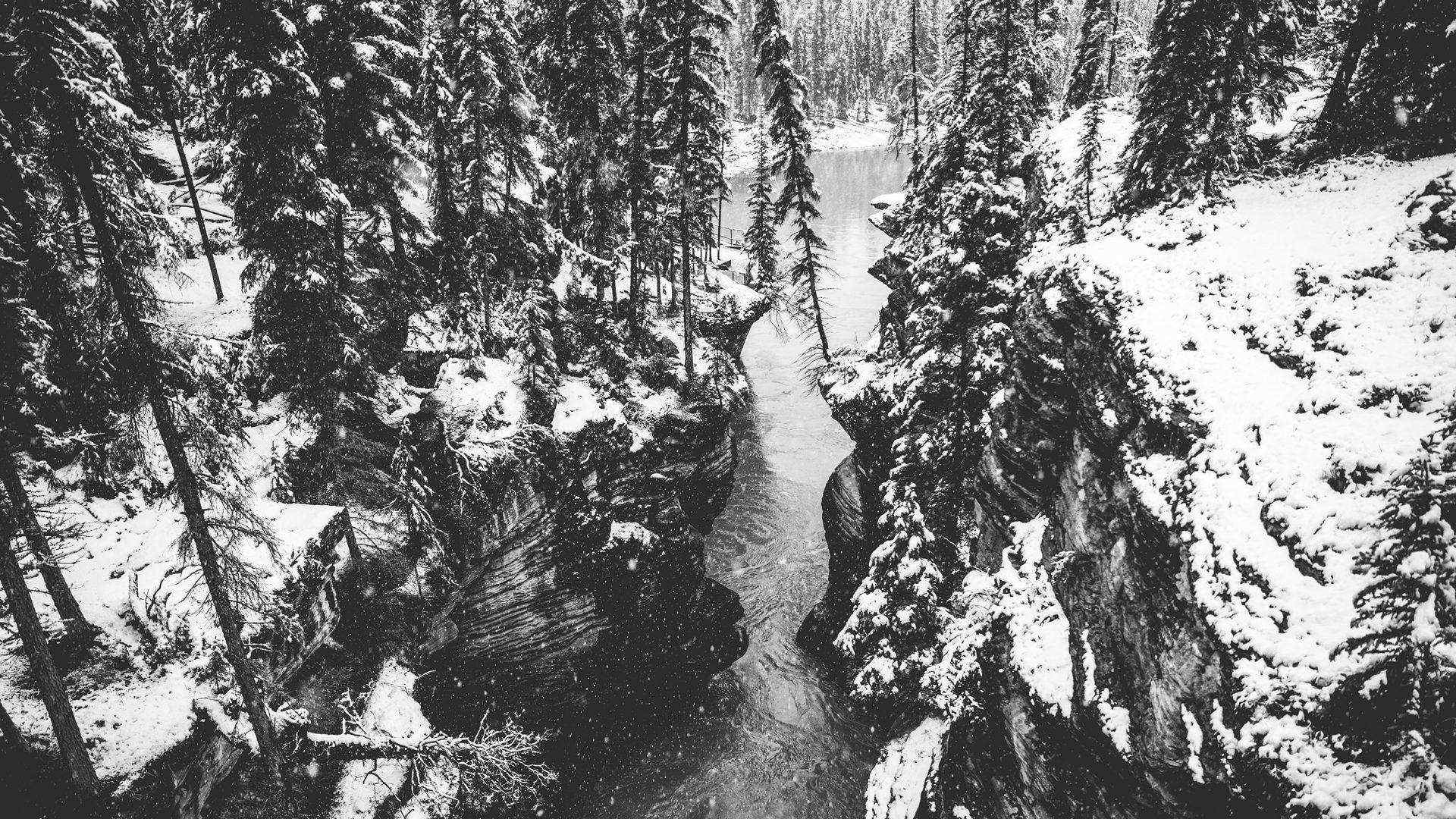In Our Own Image Reading Response
• What does Ritchin mean with the “fluidity of the digital”? Give an example of digital imaging/digital photography that exemplifies this.
According to Ritchin’s opinions in the book, “What digital photography obscures is that by changing the architecture of the image moving from chemically processed grain to discrete electronic pixels we are not creating another photographic genre, but another medium”. We can see that digital technology has an impact on photography, and even can be a revolution in the genres of art. The invention of digital photography means that photography appears everywhere and at any time, and photos can be changed and corrected, which is the explanation of fluidity. Therefore, the relationship between fluidity and digital is close, which means they are inseparable.
For example, nowadays, everyone can use their phone to take photos, compared with using a heavy camera in the past. In this case, the number of photos has increased and photos can be sent to everywhere in the world. This is the fluidity. Besides, PhotoShop is a kind of digital photography as well, because people can change the appearance of photos and sometimes they even create an illusion that doesn’t exist by using PhotoShop.
• Reflect on the extent to which photography is capable of capturing reality; and compare it to other media (technology) (e.g. text, video, virtual reality, books).
From my point of view, photography is the best way to capture reality, since what we can see in the camera is totally the truth, and the scene is completely a copy of reality. However, sometimes photography can not reflect truth, because we can use some applications like PhotoShop to change the picture into a new one. Sometimes, the color of the scenery changes, while sometimes people’s appearance is completely changed. However, compared to books, photography’s reality is more credible. When it comes to books, firstly, the fiction is not believable, since the plots are imaginary. In addition, documentary writing is more believable than novels, since it is on the basis of real characters and events. As for biography and historical records, they are probably the most credible books. But it is hard to say whether the books reflect all the reality because sometimes the content contains the author’s individual opinions, and sometimes the news itself is fake. As a result, books can reflect part of reality, but it still has lots of imagination, while photography is better to capture reality. The only disadvantage of photography is that it lacks details in contrast of books.
